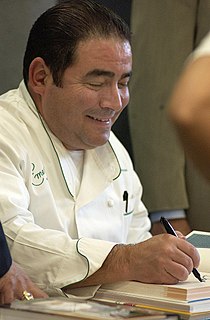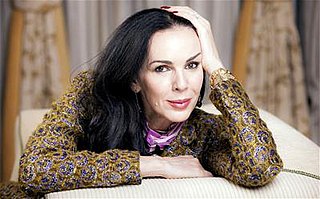A Quote by Sam Altman
Most investors are obsessed with the market size today and they don't think about how the market is going to evolve.
Related Quotes
We have a market-driven society so obsessed with buying and selling and obsessed with power and pleasure and property, it doesn't leave a whole lot of time for non-market values and non-market activity so that love and trust and justice, concern for the poor, that's being pushed to the margins, and you can see it.
As a bull market turns into a bear market, the new pros turn into optimists, hoping and praying the bear market will become a bull and save them. But as the market remains bearish, the optimists become pessimists, quit the profession, and return to their day jobs. This is when the real professional investors re-enter the market.
An old market had stood there until I'd been about six years old, when the authorities had renamed it the Olde Market, destroyed it, and built a new market devoted to selling T-shirts and other objects with pictures of the old market. Meanwhile, the people who had operated the little stalls in the old market had gone elsewhere and set up a thing on the edge of town that was now called the New Market even though it was actually the old market.
And maybe the cereal makers by and large have learned to be less crazy about fighting for market share-because if you get even one person who's hell-bent on gaining market share.... For example, if I were Kellogg and I decided that I had to have 60% of the market, I think I could take most of the profit out of cereals. I'd ruin Kellogg in the process. But I think I could do it.
"(Big name research firm) says our market will be $50 billion in 2010." Every entrepreneur has a few slides about how the market potential for his segment is tens of billions. It doesn't matter if the product is bar mitzah planning software or 802.11 chip sets. Venture capitalists don't believe this type of forecast because it's the fifth one of this magnitude that they've heard that day. Entrepreneurs would do themselves a favor by simply removing any reference to market size estimates from consulting firms.

































